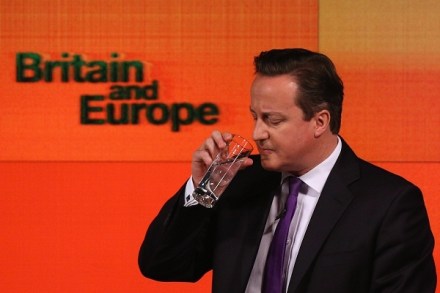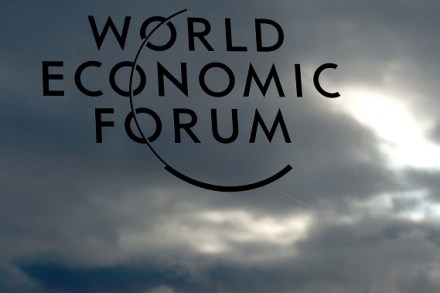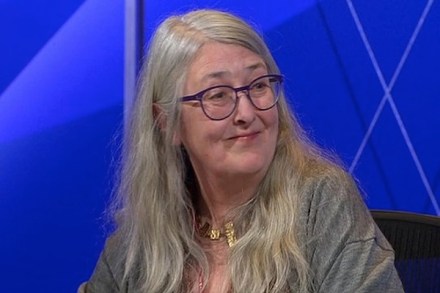The EU must change | 26 January 2013
I have been out of the country for a couple of weeks and away from the sweet furore of the internet. I’ll be posting in the coming days on some of the bigger things which have gone on while I have been away. In the meantime, readers who are interested can read here a piece of mine published last week in Die Welt. Written before David Cameron’s recent pronouncements, it is an attempt to explain the legitimate reasons for British EU-scepticism to a German audience.

















